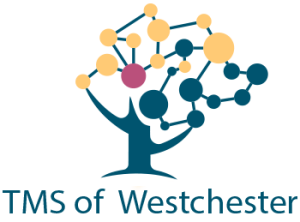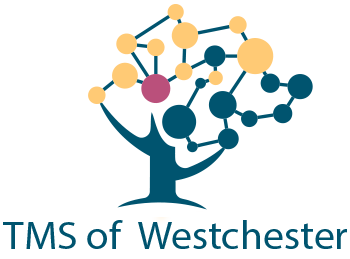
The main goal of MeRT brain treatment is to achieve functional recovery, and the outcomes vary based on individual presenting symptoms. The benefits of functional recovery encompass a wide range of improvements, such as enhanced sleep quality, elevated mood, clearer thought processes and language skills, positive changes in behavior, increased eye contact, improved attention span, heightened sociability, boosted motivation, enhanced concentration and focus, improved self-confidence and self-esteem, greater emotional stability, decreased anxiety, elevated energy levels, improved adaptability to change, and reduced cravings for substances like food, drugs, and alcohol.
Once frontal Alpha waves develop, then planning, executive function, emotional control and processing seems to improve, creating a solid foundation for therapy to build upon.
Unlike standard repetitive Transcranial Magnetic Stimulation therapy, which delivers stimulation to one location at a fixed frequency for all patients, MeRTSM individualizes the treatment frequency and location based on each patient’s quantitative EEG and EKG. This results in brain optimization which in turn can improve many psychiatric symptoms.
In rTMS, a coil is placed in set locations that have been proven through research to treat specific disorders such as depression, anxiety or OCD. Research is ongoing to develop protocols for other psychiatric disorders including PTSD, ADHD, Dementia, Autism and others.
This innovative treatment is covered by most insurances including Medicare for depression and OCD. For any treatment other than OCD or Depression, it will be self-pay. For your convenience, we are CareCredit providers.
A typical treatment session is approximately 30-40 minutes a day, 5 days a week, for 6-8 weeks. Some patients begin to experience improvement within a few sessions.
Current data indicates side effects are few and generally mild. The most commonly reported side effect is a mild tension headache at the site of stimulation which can last 1-2 hours and responds well to over-the-counter analgesics. Other possible side effects are hyperactivity, increased agitation or euphoria which are typically short lived, and for which protocols are adjusted. With brain stimulation there is also a risk of seizures; however, the risk is minimal with MeRT.
Every individual’s response to treatment is different. Notable response to treatment has been observed during the first 5-10 treatments.
Recommendations will be specific to your goals and our plan. Typically, we recommend 6-8 weeks of treatment. However, overall duration of treatment is based on an individual’s response rate.
Results will vary by individual. In general, the longer the length of the MeRT brain treatment the longer the changes remain, especially if receiving treatment for greater than one month. If a reduction in gains are noted over time, patients may return for additional treatments.
Consistency of the MeRT brain treatment is important especially during the first 10 days. After that, missing one day of treatment does not affect overall results.
A patient’s response to therapy sometimes plateaus even though the brain has not yet reached its optimal state. The patient may be advised to take a break from treatment. During this time, the brain may be able to improve its plasticity or ability to change for future MeRT treatments.
Protocol adjustments are implemented based on changes in your EEGs and clinical symptoms.
Since each brain is unique, the MeRT protocol will be different for each patient as it is based on the individual’s own EEG/EKG data.
The treatment is most effective when the individual’s brain is in a calm awake state (the Alpha wave state), without receiving and processing too much information. Therefore, the treatment should be administered in a quiet room (reduced auditory input) with the patient sitting awake in a chair with eyes closed (reduced visual info) during stimulation (5 second periods).
Yes, the treatment will still be effective with eyes open, but to maximize the effect we recommend that patients close their eyes during stimulation.
During your intake appointment, disclose all medications you are currently taking. Your clinician will address any and all questions regarding medications.
We do not advise making any changes to your normal routine without first seeking the guidance and direction of your primary medical provider/Psychiatrist.
Notify the clinician if you have a pacemaker or other internal electric device during your intake session. Individual circumstances will be evaluated by your clinician, however, pacemakers usually do not preclude treatment, but will typically require medical clearance.
You should eat a healthy snack soon after a MeRT session in order to replenish your body’s glucose stores that may be decreased during the treatment session. This is especially important if you feel light-headed or tired after treatment.
A change in appetite might be noticed as a byproduct of decreased anxiety or increased energy level and motivation.
Some patients report a re-discovery or awareness of emotions after initial MeRT treatments.
Your hearing aid must be removed during treatment.
© 2024 TMS of Westchester. All Rights Reserved.
